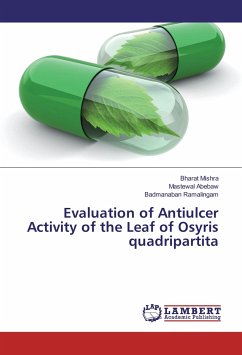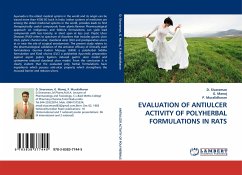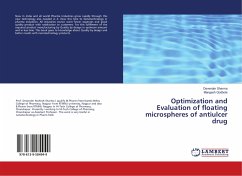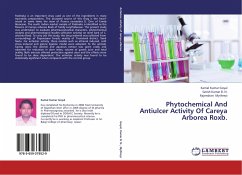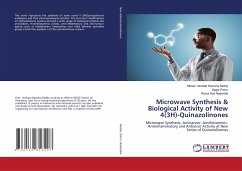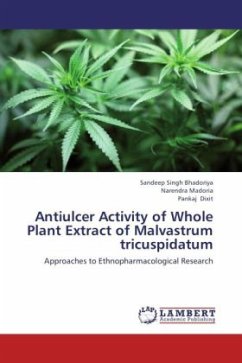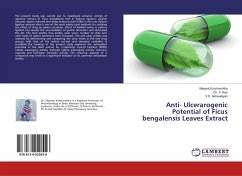Rapid mechanization of lifestyle, increased environmental pollution and lack of hygienic knowledge have led to a number of organ-related diseases. An ulcer is one such disease affecting mainly the stomach and duodenum. Though there are available a good number of antiulcer drugs in modern medicine, their adverse effects constrain the clinician to discontinue the therapy. Considering the great need of exploring herbal sources in this regard, the best effort is made to evaluate the antiulcer activity of extract of Butea monosperma bark in validated models in rats, based on its traditional application. The study was undertaken to evaluate the antisecretory and antiulcer properties of petroleum ether and hydroalcoholic extracts of Butea Monosperma bark in experimentally induced ulcer models. The results indicate that petroleum ether and hydroalcoholic extracts of Butea Monosperma bark dose-dependently inhibit gastric acid secretion and neutralize gastric acid in the pylorus-ligated model. Pretreatment with either petroleum ether or hydroalcoholic extracts of Butea Monosperma bark showed significant protection against five different ulcers induced models.
Bitte wählen Sie Ihr Anliegen aus.
Rechnungen
Retourenschein anfordern
Bestellstatus
Storno


